Posted by Maris on 6th Aug 2024
10 Useful Scotland Travel Tips
Are you traveling to Scotland? Best wishes! You will find some of the most beautiful spots there, which excites me. I have been going every year since before I could walk or talk. For many years, our family has considered it their go-to vacation spot, and I have many priceless memories of the villages, lochs, mountains, and waterfalls. The Scottish Highlands have become somewhat of a second home for me after so many visits, and I'd want to share with you some of the 11 essential travel advices I've learned about Scotland over the years.
Stay away from midge season
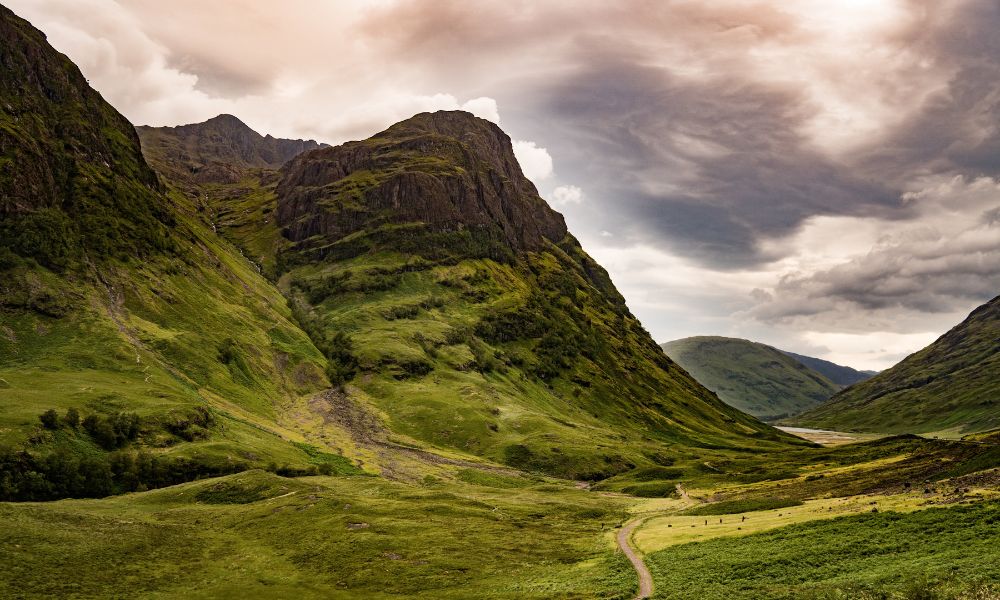
Avoiding visiting Scotland during the midge season (especially in the Highlands) is one of the best travel suggestions I can give you to spare you a ton of hassle. Scotland is home to the well-known Highland midge, which can be a great pain in the summer, particularly in locations that are hilly and marshy and close to rivers and lochs. You run the danger of not enjoying your trip if you go to Scotland during this time of year. Citronella candles and bug repellent may not be sufficient, so you may need to take additional precautions like face nets just to be able to move around with some level of protection (really). Just thinking about that itchies me.

There are many single-track roads.
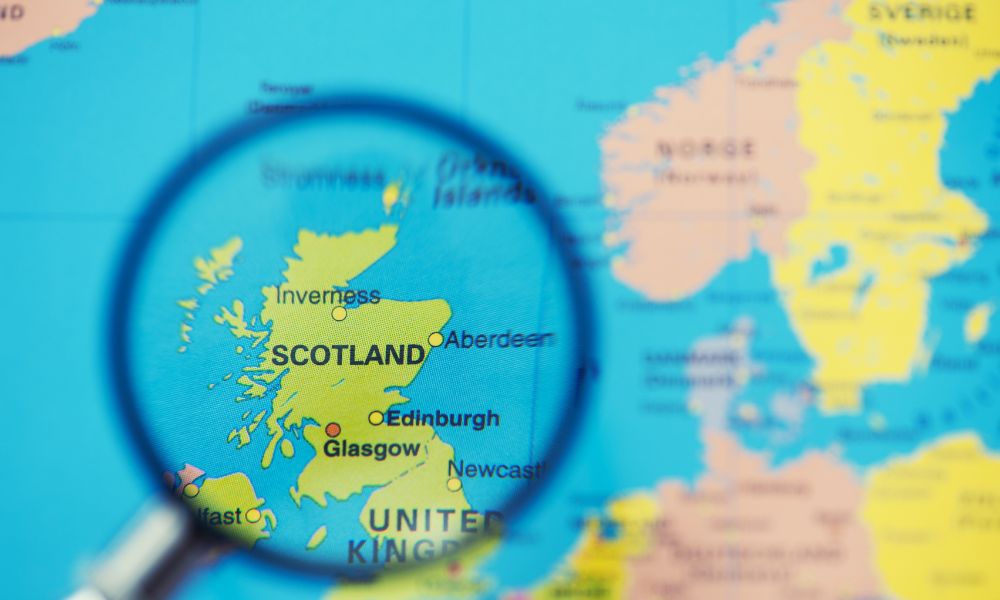
Although there will be lots of passing places, you might be startled to learn that even certain A roads in Scotland will be single-track (for my non-UK audience, A roads are significant roads). To prevent becoming bogged in a ditch, try to stay on the pavement when approaching single-track roads as the verges on each side are frequently rather soft. And if you can't drive on smaller roads, you should probably plan your route a little more carefully because you might irritate the locals by not keeping up with the flow of traffic. If you're going to be driving slower, at least be courteous and pull over to let people pass you.
Loch Ness is not all that Scotland is.
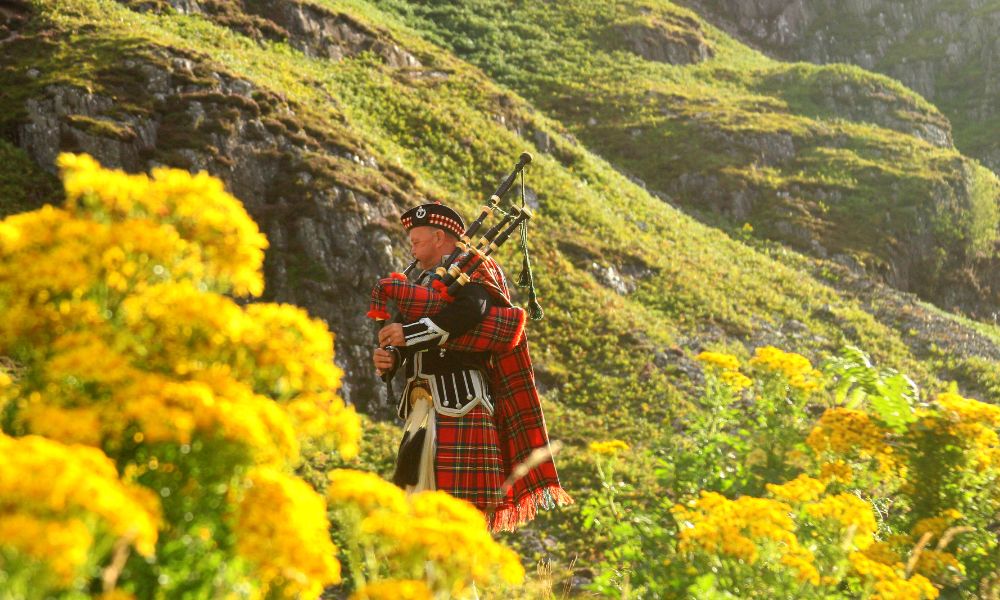
While many people may immediately associate the Scottish Highlands with Loch Ness, one of the finest travel recommendations for Scotland is to explore further afield. Yes, Loch Ness and all the excitement around it are worth seeing, but in my humble opinion, there are several other stunning lochs in Scotland that are much more stunning than Nessie's home. I would encourage you to venture farther because Scotland has so much more to offer. Towns like Fort Augustus, which is located on the beaches of Loch Ness, are typically overrun with tour busses during the busiest time of year. Despite this, the town is still really lovely.

Scotland's spring and fall are lovely times of year to visit.
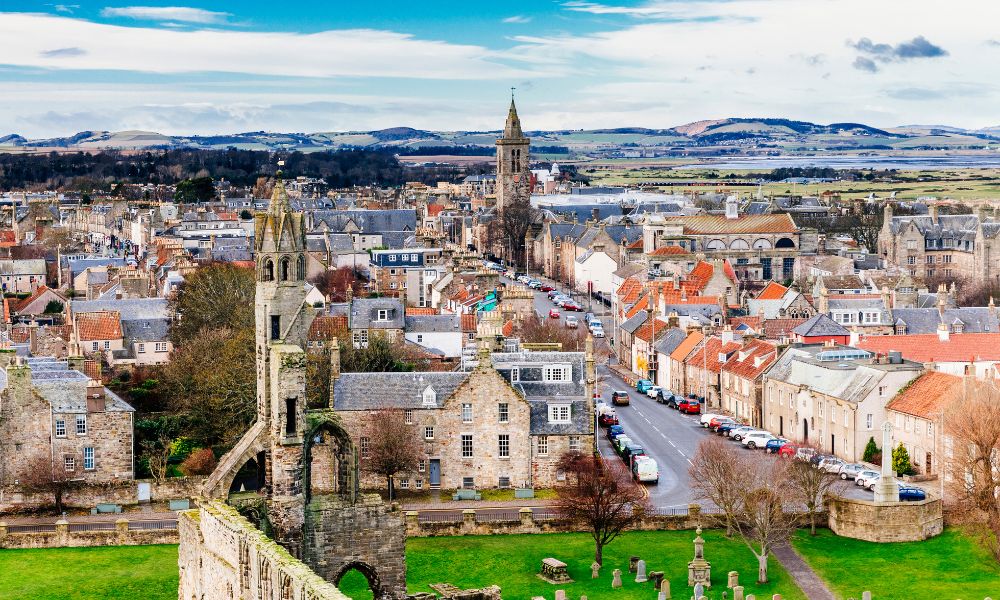
One of the finest travel advice for Scotland, as we have already discovered, is to avoid the midge season. However, if you are still unsure of when to visit, Spring and Autumn are excellent choices (or Fall, for my American readers). The Highlands are a riot of color during these seasons, and although wet days are always a possibility in Scotland, the weather is generally stable. Although there is still a certain crispness in the air, you should be lucky to have some milder days and sunshine in the late spring and early autumn.
Some campgrounds close during prime time.
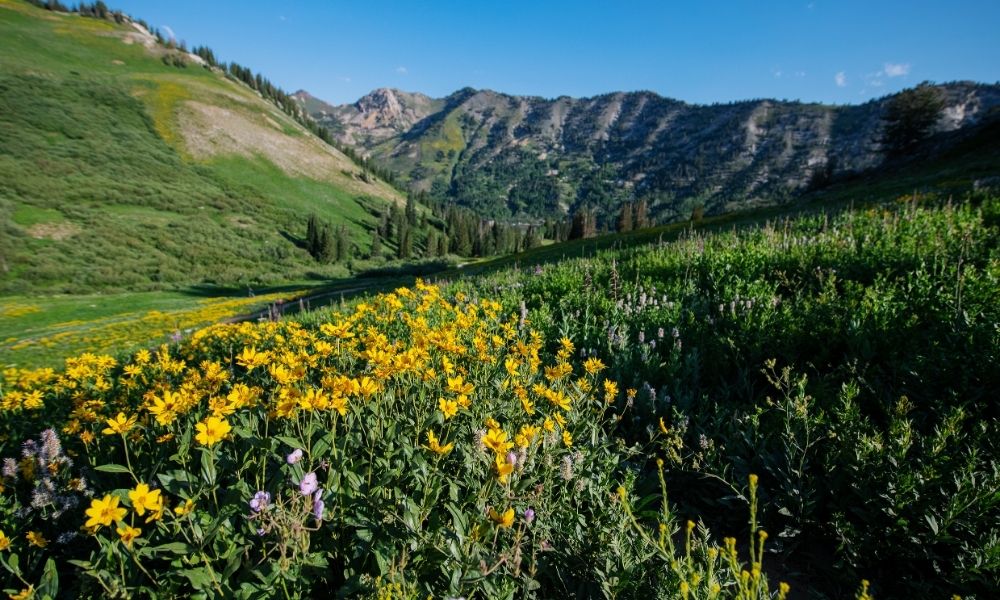
I think the finest way to see Scotland is in a campervan, and this is quickly becoming a very popular method to see the Highlands. If you are planning a campervan journey through Scotland, one thing to keep in mind is that some campsites close during off-peak times. Therefore, if you are traveling to Scotland at off-peak times, one of the finest pieces of advice for a road trip is to arrange alternate off-site overnight breaks. You can accomplish this by using a service like Search for Sites, which is excellent for finding both off-site and on-site parking.
Put on proper clothes and carry waterproof equipment.
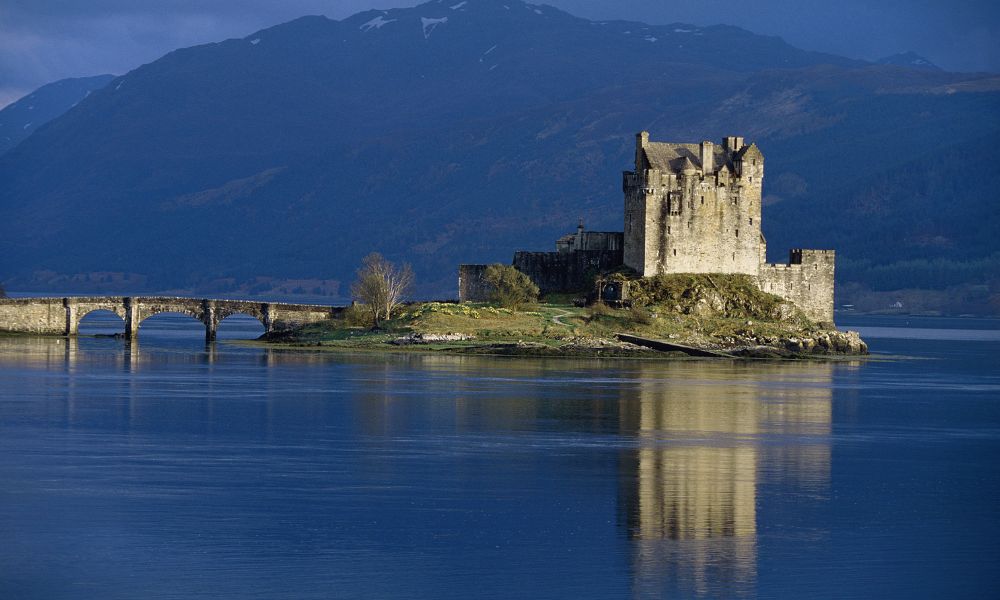
Making sure you carry waterproof gear and wear the appropriate attire is one of the practical travel recommendations to Scotland. Scotland's weather is incredibly unpredictable; on sometimes, you may experience all four seasons in a single day! The most important things to include in your suitcase while traveling to Scotland are walking or wellington boots, an umbrella, sunscreen, a waterproof jacket and pants, and thermal clothing if you're going in the winter. Wear supportive footwear with adequate grip (no heels, though you might think this is obvious, I have witnessed it!). Some of the mountain and waterfall walks in the Highlands can be steep and treacherous.
Scotland's currency is distinct.
The fact that Scotland's banknotes appear different from those of England and Wales may surprise you. Even if you can use Scottish banknotes in England and Wales, this does not guarantee that the vendor will accept them. Scottish banknotes are still worth pounds sterling. It could be best to make sure that any leftover Scottish currency is spent in Scotland because some stores, eateries, or other establishments in England and Wales might not be willing to take it.
One piece of unheard-of travel advice for Scotland is to use caution when strolling close to tree bases in the woodland.

What I am about to relate to you was a terrible and somewhat traumatising experience, but in retrospect it's a hilarious story and one of my best travel disasters ever. One year, I went on a walk through the forest with my dog, a pretty large breed, to the Cairngorms National Park. He chose to roll around on the ground near the foot of a tree, which infuriated a bunch of wasps who proceeded to sting us both multiple times. The screams sound like they could be heard for miles. Thus, for this very reason, avoiding strolling around the bases of trees is arguably one of my most strange travel advices for Scotland.
Bring a tick remover with you, particularly if you own dogs.
Speaking of dogs, I would advise bringing a tick puller if you have one and they are traveling with you to Scotland. The whole idea of ticks gives me the creeps. Ticks are blood-sucking, spider-like organisms. They are fairly widespread in the Highlands and can spread nasty diseases like Lyme. They typically inhabit moorland and forest regions, feed on animals like sheep and deer, and will readily cling to your four-legged pet if they can. While in Scotland, I also got bitten by ticks, and a tick puller came in very handy to get rid of them quickly and painlessly (note: I'm not a doctor or veterinarian, but leaving the head in can cause problems).
Petrol stations are sometimes scarce.
This is a Scotland travel guide primarily focused on the Scottish Highlands. If you are driving across the mountains on an open road, be sure you have enough gas and know where the gas stations are. The gas stations in the Highlands can be somewhat inconsistent, so it's best to refuel before you've driven for many miles. Generally speaking, independent garages in mountain villages are more expensive than those found in towns and cities. As they say, fail to plan and plan to fail.

